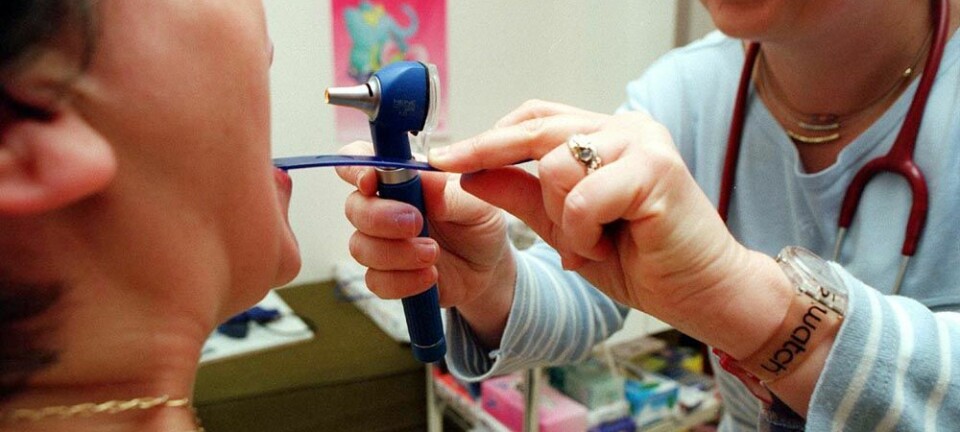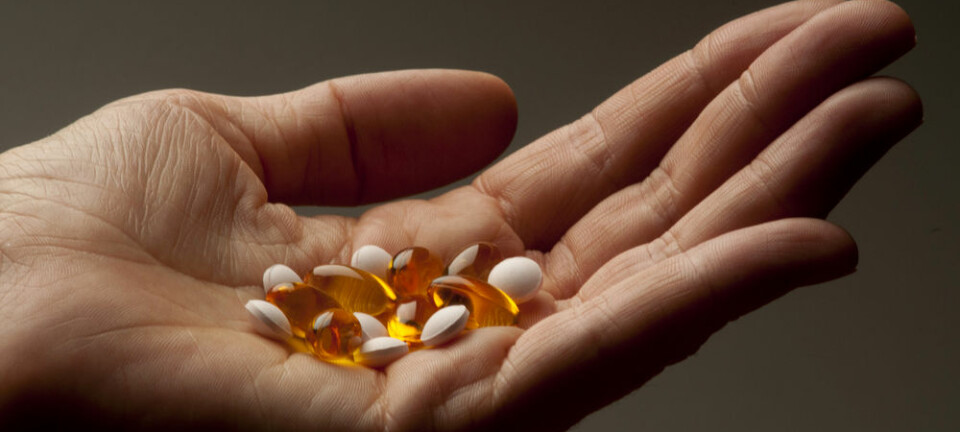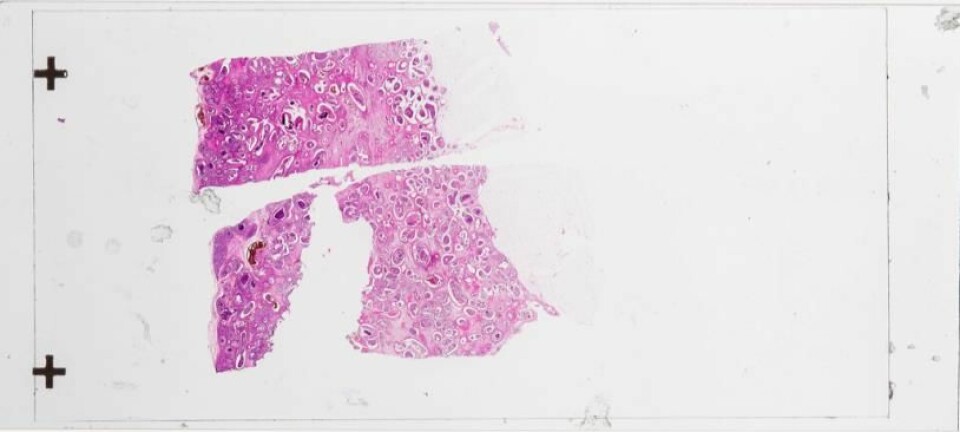
Treating heartburn can reduce the risk of developing oesophageal cancer
A major Nordic study now confirms that that treating acid reflux and heartburn has benefits beyond relieving these particular conditions.
The most important risk factor for cancer of the oesophagus (the food pipe) is prolonged, serious heartburn, or acid reflux.
Now, a new study of nearly one million Nordic patients shows that this aggressive cancer, which is also difficult to treat, can be prevented.
More than just occasional heartburn
Most people have experienced heartburn now and then, the burning sensation in your chest that can crop up after a heavy meal with lots of fatty foods.
But between 10 and 20 per cent of the population in the Western world suffer from acid reflux, where stomach acids actually find their way back into the food pipe -- the tube that carries food from your mouth to your stomach. This is independent of what they eat or drink.
This disorder, caused by a failure of the muscles at the lower end of the oesophagus to close properly, is called gastroesophageal reflux disease, or GERD.
GERD is often treated with medicines that make the contents of the stomach less acidic, which can eliminate or reduce the problem. Another option is surgery, which can prevent the contents of the stomach from coming up into the oesophagus.
Read More: How exercise can slow the spread of cancer
Half a century of data
Scientists have previously failed to show that these treatments prevent cancer of the oesophagus. Some research has also shown bad results from surgery to prevent this cancer.
But the new study is based on more than 50 years of health register data from five different Nordic countries, between 1964 and 2014.
Due to the size and length of this study, researchers believe that they can now be sure that the treatment does indeed prevent this type of cancer.
Read More: A big gut increases risk of cancer
The increased risk vanished
Of the nearly one million patients with reflux disease that were recorded in the health registers, most had received treatment. Of these, 0.3 per cent were affected by cancer of the oesophagus during the follow-up period.
The increased risk decreased over time while the patients were treated. And after 15 years, the researchers found that these patients did not have a higher risk of getting oesophageal cancer compared with other people in the population.
Of the patients who had received surgical treatment, slightly more, 0.4 per cent, subsequently developed oesophageal cancer. This slight increase might be due to the fact that their illness was more serious to begin with. This group also saw a reduction in risk to the same as in the rest of the population after 15 years.
Read More: We still don't know what causes heartburn
Should not be used to prevent
The results show that medical and surgical treatments do prevent cancer of the oesophagus. However, the first author of the study, John Maret-Ouda, said the findings don’t automatically mean that more people should be treated preventatively. Maret-Ouda is a medical doctor and researcher at Karolinska Institutet in Stockholm, Sweden.
“Most of us are at very low risk of getting this type of cancer,” he said in a press release. “But treatment can be recommended for people who have other illnesses in combination with other risk factors, such as being obese or elderly.”
Read More: Fake researcher fabricated finding that HPV vaccine causes cervical cancer
Treatment also has risks, but losing weight can help
The use of proton pump inhibitors, medicines that reduce stomach acids, doubled between 2007 and 2016. At the same time, a 2016 study suggested that there may be a connection between proton pump inhibitors and dementia.
Other studies have linked proton pump inhibitors to infections, while antacid medicines have been shown to damage blood vessels.
Patients have also been advised to make lifestyle changes, such as staying away from alcohol, cigarettes and certain types of food, such as coffee, chocolate, citrus fruits and fatty or spicy foods. But there is little research to support this advice.
The strongest evidence for non-medical prevention of acid reflux is for losing weight, Eivind Ness-Jensen at the Norwegian University of Science and Technology said in 2016. Several studies show that the risk of reflux disease increases the heavier you are, he said.
"Patients who lose weight often stop having symptoms," he says.
----------------
Read more in the Norwegian version of this article at forskning.no



































